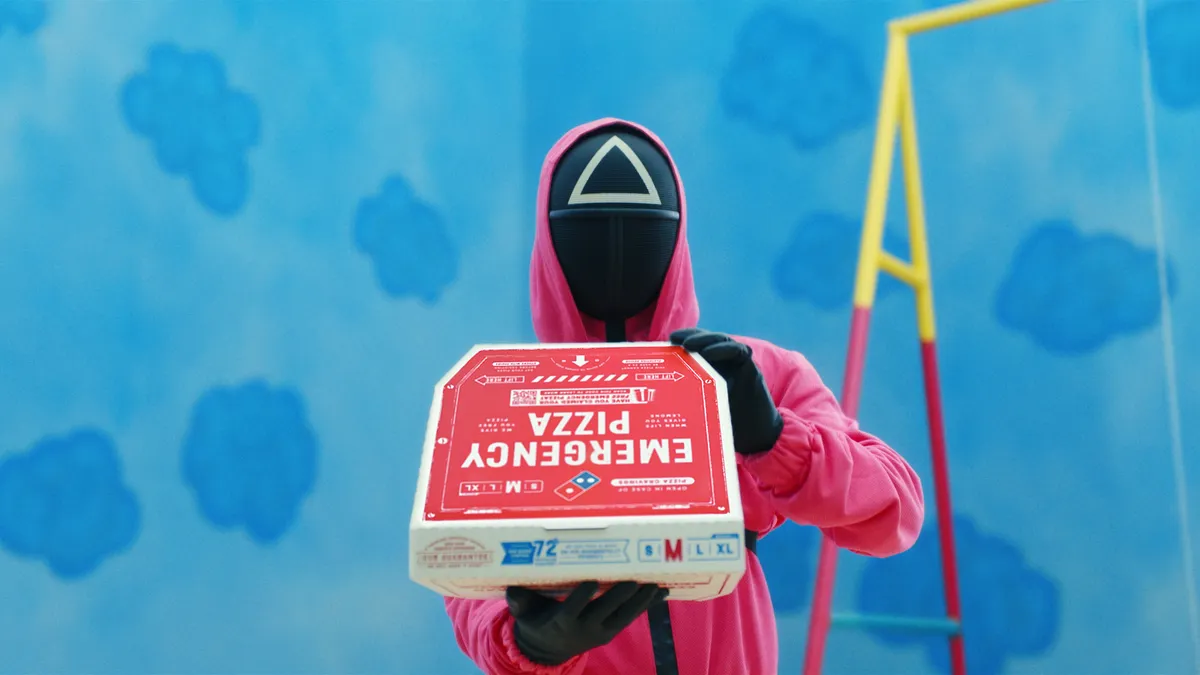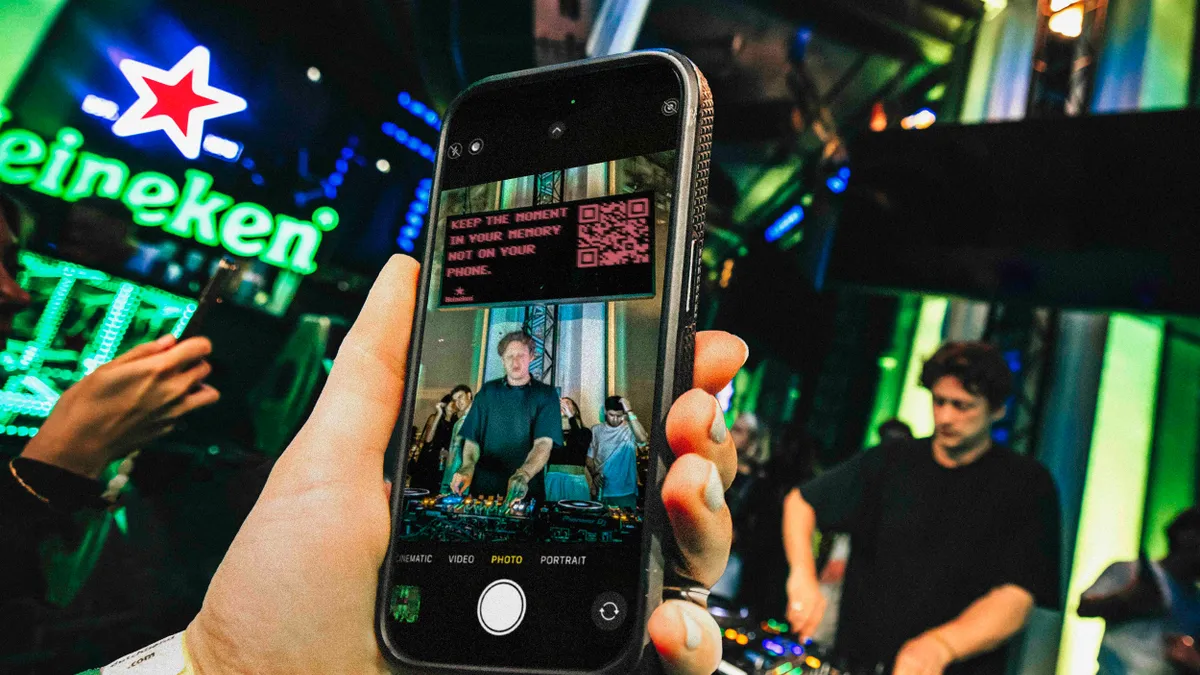A rare occurrence struck the agency space late last month: Three of the largest ad holding companies, Publicis Groupe, Interpublic Group (IPG) and Omnicom Group, all posted strong organic revenue gains for the second quarter. Two of the groups, IPG and Publicis, noted that the growth not only bested their results from Q2 2020 — the period when the pandemic's effect on the economy was most acute — but also Q2 2019, well prior to the health crisis.
After years of struggling with returning to growth and the encroachment of management consultancies on their business, agencies appear to have found new momentum as the world navigates a bumpy reopening that faces a critical test with the spread of the COVID-19 delta variant.
"The speed of recovery for holding companies has exceeded expectations," said Greg Paull, co-founder and principal at consultancy R3, over email.
The impressive performance might help justify hefty technology investments and acquisitions to which some analysts have been skeptical. Epsilon, the data-marketing unit that Publicis paid $4.4 billion for in 2019, reported 31.1% growth in Q2, playing a key role in the turnaround.
Marketing dealmaking, which already showed signs of recovery in the first half, is likely to continue to pick up traction as agencies tap into their replenished war chests. Discussing the Q2 results with investors, Omnicom CEO John Wren said the group would engage in more "accretive acquisitions" in areas like precision marketing, digital transformation, commerce and media. It's a tack analysts say that other major groups could follow as consumer trends driven by the pandemic prove sticky and marketers continue to require outside help to account for those shifts.
"In difficult times, agencies have faced their fears, shed their liabilities and witnessed the sustainability and growth of digital media," said Paull. "That awareness, plus available capital, low-interest rates and loose economic policies will drive acquisitions in that space."
Permanent changes
As indicated by Wren's comments, commerce-related services remain one of the biggest ticket items on the agenda as agencies chase new business. Publicis in July acquired CitrusAd, a platform that helps brands optimize their marketing performance on e-commerce sites, and will couple the company with Epsilon. Dentsu snapped up creative commerce experiences firm LiveArea from PFSweb for $250 million earlier last month.
"A lot of the agencies that had been, over the past few years, investing in commerce suddenly found, whether it was through the technology, the expertise or both, a lot of client demand," said Jay Wilson, vice president analyst at Gartner Marketing. "That's what's driving a lot of the charge."
But agencies have made other operational adjustments that might help them weather further disruptions in H2, including the reimposition of COVID-19 restrictions. The pandemic has created an endurance test for remote and hybrid working models, but one the sector is now better suited to navigate.
"In many cases, what we heard was global agency networks that perhaps were historically a bit fractured really came together because location didn't matter," Wilson said. "Those geographic barriers kind of fell away."
New partnership models could factor into this transformation. WPP in May tapped tech partner Microsoft to develop a cloud-based virtual production platform that allows its shops to remotely collaborate on campaigns for clients around the globe. The Cloud Studio, which is largely being tested by the Hogarth creative production unit, could eventually be available to up to 25,000 employees, or roughly one-quarter of WPP's current workforce.
Ongoing challenges stemming from the pandemic could ultimately create more of a winners and losers situation where laggards will fall farther behind, per analysts.
"For those clients and agencies that made the right fundamental shifts over the past year and a half now, they're going to continue down that path," Wilson said. "If they haven't made those shifts, regardless of another wave of the pandemic, they're probably in trouble anyway."
Of course, not everything is sunny in agency land. The past 16 months have been marked by severe cost-cutting measures, including some extensive layoffs and restructurings, as well as the prevalence of burnout. But big divestitures — like Omnicom spinning off its ICON International specialty media business earlier this year — may not be common as the category continues to fine-tune what's working.
"Agencies are ready to move on. They've done the hard work and removed and recalibrated anything that might mute future growth," said Paull. "The only changes we might see in H2 would be the creation of new entities or the reshuffling of teams as a response to client needs in the new environment."























